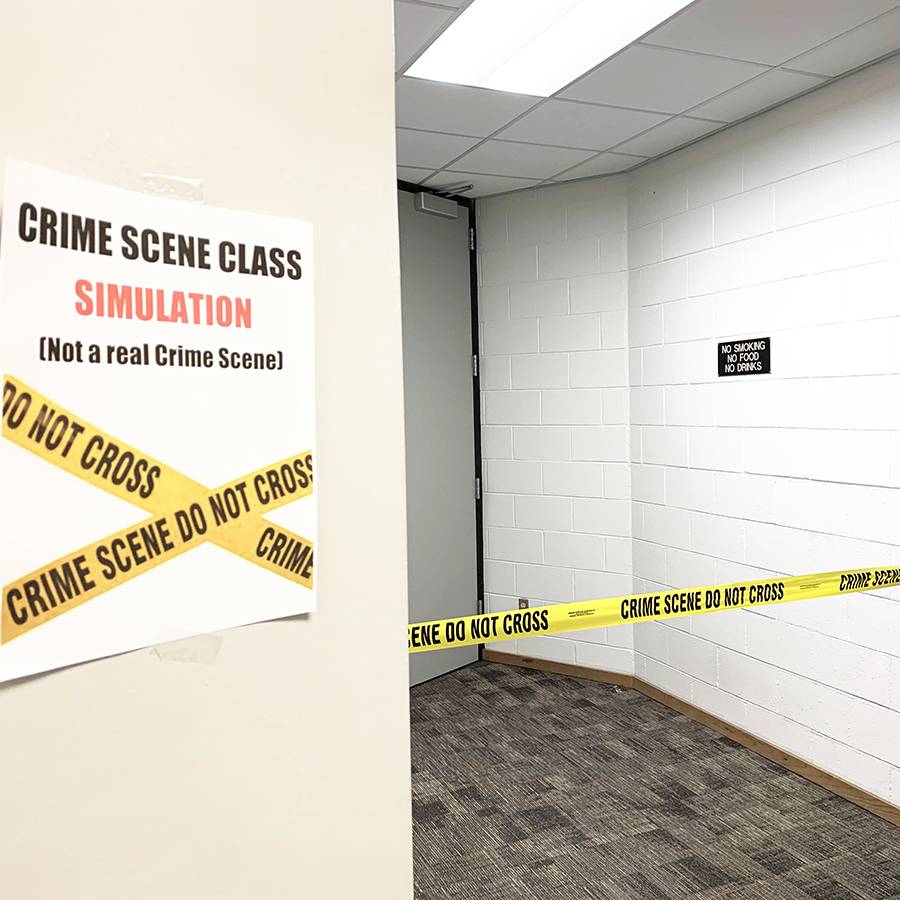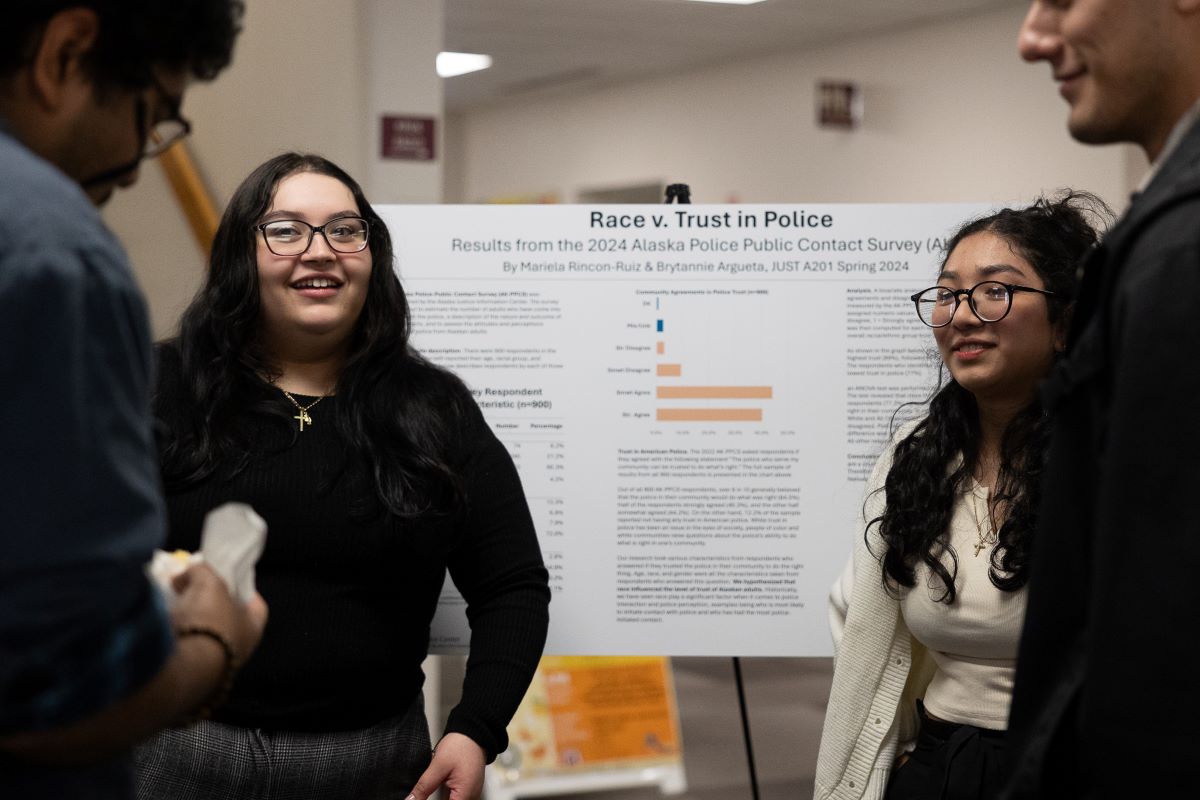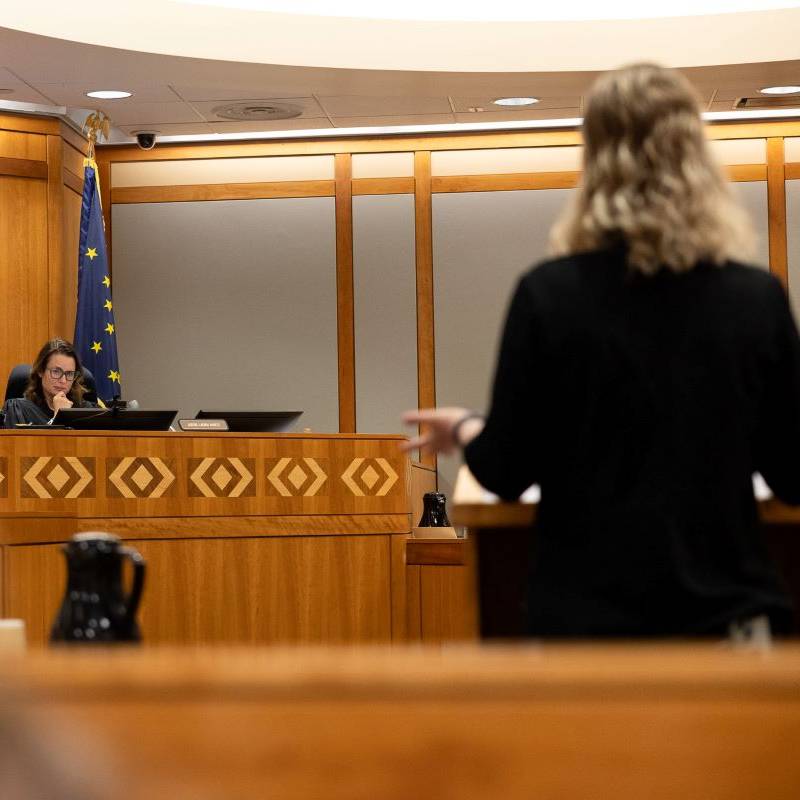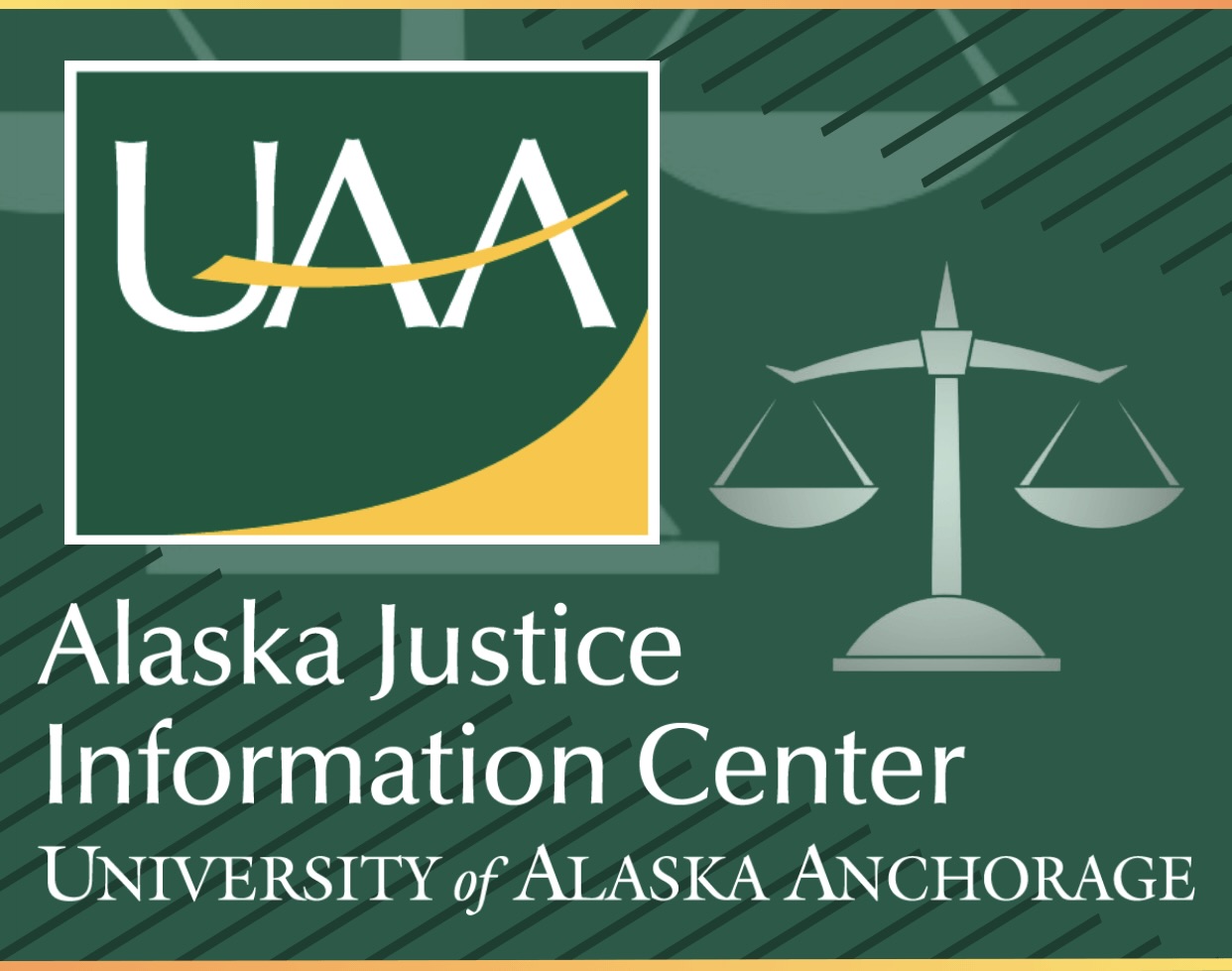
Leading statewide efforts in criminal justice and criminology education, research and service, the UAA Justice Center is a top choice among criminal justice schools in Alaska and the U.S.


The UAA Justice Center, established by the Alaska Legislature in 1975, has a mandate to provide statewide justice-related education, research, and service. The Justice Center is an interdisciplinary unit that provides undergraduate and professional education; conducts research in the areas of crime, law, and justice; and provides services to government units, justice agencies, and community organizations throughout urban and rural Alaska to promote a safe, healthy, and just society.
The Justice Center is an academic and research unit within the College of Health at the University of Alaska Anchorage. We offer academic programs in Criminology and Criminal Justice and in Legal Studies. The Legal Studies degree and certificate programs are approved by the American Bar Association Standing Committee on Paralegals. Our faculty conduct research in a number of areas including violence and violent crime, law and the courts, substance abuse, rural justice issues, homelessness, policing, and juvenile justice.

Leading statewide efforts in criminal justice and criminology education, research and service, the UAA Justice Center is a top choice among criminal justice schools in Alaska and the U.S.

The Legal Studies BA program trains you in American law, legal processes and policy. You’ll expand your legal knowledge and develop technical job skills in legal research, analysis and writing.
No posts found.
 Alaska Justice Information Center
Alaska Justice Information Center
The Alaska Justice Information Center (AJiC) compiles, analyzes, and reports on criminal justice topics in order to improve public safety, to increase criminal justice system accountability, and to reduce recidivism.
The Alaska Victimization Survey (AVS) provides comprehensive statewide and regional data to guide planning and policy development and to evaluate the impact of prevention and intervention services.
The Alaska Justice Forum is a research journal focusing on justice and legal issues in Alaska. It was published by the Justice Center at the University of Alaska Anchorage.

QUICK LINKS:
UPCOMING EVENTS:
FOLLOW US:
CONTACT US:
(907) 786-1810
uaa_justicecenter@alaska.edu
LOCATION:
UAA Justice Center
UAA Professional Studies Building
2533 Providence Dr., Suite 234
Anchorage, AK 99508
MAILING ADDRESS:
UAA Justice Center
3211 Providence Dr., PSB 234
Anchorage, AK 99508